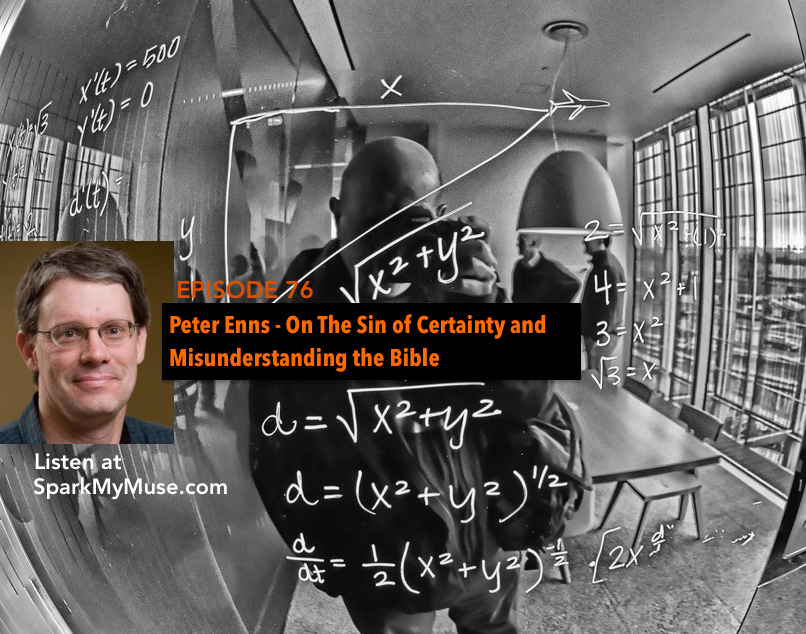
When you tell someone that you work for a non profit, (or a ministry, or a charity…)
You often get one of three reactions:
1. A strange and muted pity.
Some times this is accompanied by slow nodding and maybe an awkward silence and change of subject, or some refer to some one they know who sort of does the same sort of thing (awkward empathy).
“Oh, yeah, my uncle was a pastor. He died unappreciated and penniless.”
2. A bemused reaction, “Oh, okay. How…nice.”
3. A flummoxed stare.
They think something went wrong.
Or, that you must a be a bleeding heart, or maybe you are just confused about what you really want to do.
“Oh, I thought you were…um… (smart and industrious)…but, you can’t get paid much, right?”
Sadly, I had to leave a non-profit graduate school as the Director of Communications because I needed to pay bills.
I worked with the nicest group of people I’ve ever worked with. We did exciting and transformative things that make the world a better place. In the end though, my family needed, literally, a roof over our heads (lots of leaking in the attic). I had no choice but to look for work to meet that pressing need.
Strangely, I’ve sensed in all the non-profits I’ve worked with, so far, that there is going idea was that you have to give up something to be there. The rules are different and you just have to suck it up and put big girl pants on, and such.
You have to be okay with being very poorly compensated.
Now, it isn’t for lack of will to do it. The funding (really-the lack of funding) just can’t support something otherwise. However, there is something more. A kind of unconscious (maybe?) communal ascension to thinking is cemented way that makes change, improvement, and sometimes even success difficult.
It’s a disabling mindset, really.
We can get stuck is a false conundrum that subtly discredits the fulfilling work being done because it it conversely attached to a conflicting paradigm that claims profit = success. By definition then, non-profit = non-success.
(Any pockets of moralizing that all the hard work is to be for treasures in heaven one day, hardly makes it easier.)
I wonder if there is a better way.
Adam Braun thinks so. He gets to a great point: We shouldn’t start labeling ourselves as failures. We shouldn’t be apologizing for doing awesome things in the world asa 501C status.
(Have you ever done the old……”Oh, yeah, we’re a non profit.” …as eyes shift downward in shame…?).
The truth is…
Being centered on a purpose rather than existing for a profit is the most important sort of work on the planet.
The good news is that certain business models can be infused to make the whole system more successful. That’s how Adam set up “Pencils for Promise” (click on Adam’s photo to get to his website…but, wait…just a minute more).
I love what how he describes for-purpose organizations as a places…
“where idealism meets acumen.”

How great to see this important shift happening. I have GREAT hope in Millenials!
I look forward to infusing both purpose and profit into what I’m doing. Who says they have to be in silos!?
For me, it started with a passion project: the book I created with Doug Jackson in August (2013). Some proceeds are earmarked for 2 -for purpose- groups that care for dogs and cats.
The most exciting thing I’m involved with now is the new resource that keeps the underdogs (but not canines) in mind and offers a high Return of Investment (ROI).
The knowledge gained translates quickly into success (be that revenue, exposure, or impact).
The non profit (for PURPOSE) organizations are the ones with such heart. I want them to succeed.
If you are interested, click HERE.
Read what others are saying about it.
Have YOU ever worked for a ministry or other kind of non profit?
What was the mindset like?
Don’t miss the next post, friends.
Get an RSS reader (like Feed.ly) and add me, or please sign up in the sidebar for email delivery.





